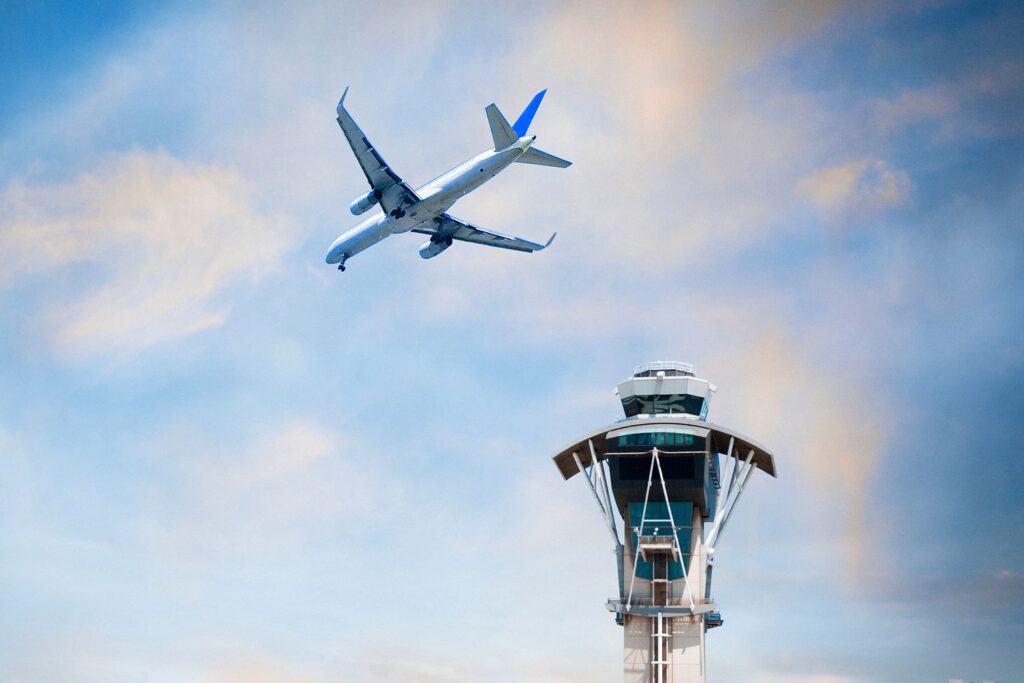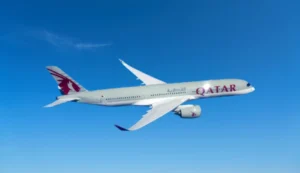FAA Seeks AI Solutions to Boost Flight Safety Amid Tech Challenges
The FAA is seeking AI solutions to address a shortage of air traffic controllers, outdated technology, and increasing runway incidents, aiming to enhance aviation safety with advanced analytics.

Photo Source: Travel + Leisure
Facing a critical shortage of air traffic controllers, delays in new technology implementation, and an increasing number of runway incidents, the FAA is turning to artificial intelligence for help. The agency has issued a request for information (RFI), inviting the AI industry to propose ways to leverage this advanced technology to enhance aviation safety.
“The FAA envisions a new safety analytics system that will vastly expand and accelerate insights from current and additional sources of data and provide a comprehensive understanding of causal factors of safety events to help predict high-risk operations and environments,” the RFI states.
However, the FAA acknowledges its current disorganized structure, describing it as “an extensive collection of connected and disconnected systems.” While eager to embrace AI’s potential, the agency insists on integrating new technology with its existing infrastructure, some of which dates back to the 1970s.
The integration of AI technology is expected to bring significant advancements in data analysis, enabling the FAA to process vast amounts of information more efficiently. This will help identify patterns and trends that were previously undetectable, leading to more proactive safety measures and decision-making processes.

Industry experts are optimistic about the potential of AI to revolutionize aviation safety. They believe that with the right implementation, AI could provide real-time insights and predictive analytics, reducing human error and enhancing the overall safety of air travel. However, the challenge lies in seamlessly integrating these new technologies with the FAA’s existing systems without causing disruptions.
The RFI, issued on June 10, requires responses by July 2, covering 11 detailed points outlined in the document.






